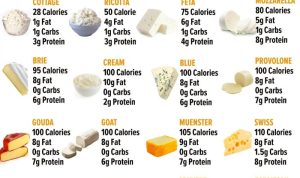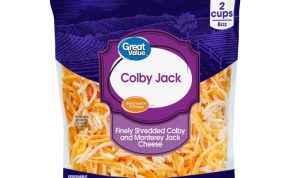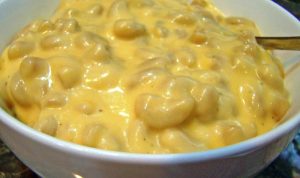Nutritional Content Breakdown: Mcdonald’s Bacon Egg Cheese Bagel Nutrition
Mcdonald’s bacon egg cheese bagel nutrition – The McDonald’s Bacon Egg Cheese Bagel, a popular breakfast item, offers a convenient but calorically dense meal. Understanding its nutritional profile is crucial for making informed dietary choices. This section details the nutritional content, analyzes the contribution of each major ingredient, and compares it to similar offerings from competing fast-food chains.
Nutritional Information for a McDonald’s Bacon Egg Cheese Bagel
The precise nutritional values can vary slightly depending on location and preparation, but a general approximation based on readily available McDonald’s nutritional information is presented below. Note that this is an approximation and individual values may differ. It’s always best to check the most current nutritional information available from McDonald’s directly.
| Nutrient | Amount | % Daily Value | Health Impact |
|---|---|---|---|
| Calories | ~450-500 | ~22-25% | High calorie count contributes to weight gain if consumed regularly as part of a high-calorie diet. |
| Total Fat | ~25-30g | ~38-46% | High saturated and trans fat content can negatively impact cholesterol levels and cardiovascular health. |
| Saturated Fat | ~10-12g | ~50-60% | High saturated fat intake is linked to increased risk of heart disease. |
| Cholesterol | ~250-300mg | ~83-100% | High cholesterol intake can raise blood cholesterol levels, increasing the risk of heart disease. |
| Sodium | ~800-900mg | ~33-38% | High sodium intake is associated with high blood pressure and increased risk of stroke. |
| Total Carbohydrate | ~45-55g | ~15-18% | Relatively high carbohydrate content, primarily from the bagel. |
| Dietary Fiber | ~2-3g | ~8-12% | Low fiber content contributes to less satiety. |
| Sugars | ~5-7g | ~Variable | Moderate sugar content, primarily from the bagel. |
| Protein | ~15-20g | ~30-40% | Moderate protein content, primarily from the egg and bacon. |
Nutritional Impact of Major Ingredients
The Bacon Egg Cheese Bagel’s nutritional profile is a summation of its components. The bagel provides the bulk of the carbohydrates and some of the calories. The bacon contributes significantly to the fat, sodium, and cholesterol content. The egg offers protein and some fat, while the cheese adds fat, saturated fat, and sodium. Each ingredient plays a role in the overall nutritional value, both positive and negative.
Comparison to Similar Breakfast Sandwiches, Mcdonald’s bacon egg cheese bagel nutrition
Several fast-food chains offer similar bacon, egg, and cheese breakfast sandwiches. A direct comparison requires checking the most up-to-date nutritional information from each chain, as values can change. However, a general comparison based on typical offerings suggests that the McDonald’s Bacon Egg Cheese Bagel tends to be higher in calories, fat, and sodium compared to some competitors who may use smaller bagels or leaner bacon.
- Subway’s Egg & Cheese on a Bagel: Generally lower in calories and fat, but nutritional values vary widely depending on the type of bagel and cheese chosen.
- Starbucks Bacon Gouda Breakfast Sandwich: Often contains higher-quality ingredients, but can still be high in calories and fat.
- Dunkin’ Bacon, Egg & Cheese Croissant: Typically higher in fat due to the croissant but may have slightly fewer calories than the McDonald’s option.
Key Questions Answered
Is the McDonald’s Bacon Egg Cheese Bagel gluten-free?
Nope, the bagel itself contains gluten.
Can I customize my Bacon Egg Cheese Bagel to make it healthier?
Totally! Ask for less cheese or bacon to reduce fat and calories.
How many carbs are in the McDonald’s Bacon Egg Cheese Bagel?
This varies slightly depending on location and preparation, but you can find the exact amount on the McDonald’s website or app under nutrition information.
What are some healthier alternatives at McDonald’s?
Consider an Egg McMuffin or oatmeal for a lower-calorie, lower-fat option.
So, you’re looking at the McDonald’s Bacon Egg Cheese Bagel nutrition facts? That’s a pretty hefty breakfast, right? A big part of the calorie count comes from the cheese, and it’s interesting to compare that to the nutritional breakdown you’ll find if you check out this link on cheese curd nutrition facts —it might surprise you how different cheese types can be.
Ultimately, though, understanding the cheese component helps you better grasp the overall nutritional profile of that McDonald’s bagel.






